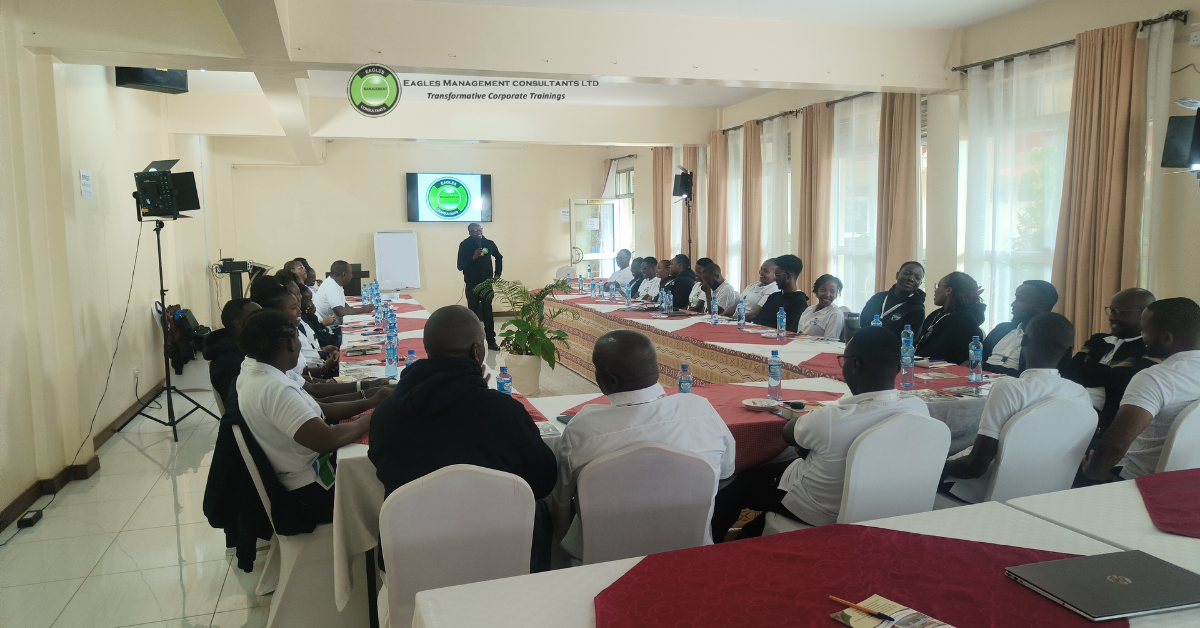Understanding the Difference Between Soft Skills and Hard Skills.
Soft skills vs. hard skills is a growing topic in today’s business world. Every team needs both to perform well. While hard skills are teachable and measurable, soft skills are more about behavior and personality.
At www.eaglesconsultants.com, we help organizations build strong, balanced teams with the right mix of both.
What Are Hard Skills?
Hard skills are technical and job specific. They include tasks like:
- Programming
- Data entry
- Accounting
- Project management
- Language proficiency
These skills are often taught in schools, training programs, or on the job. They’re easy to test and prove with certifications or performance.
What Are Soft Skills?
Soft skills are personal attributes that shape how we interact with others. Some examples are:
- Communication
- Leadership
- Teamwork
- Emotional intelligence
- Time management
These skills may not be measurable, but they are vital in any role. Soft skills improve relationships, increase productivity, and build trust.
Why Are Soft Skills Gaining Importance?
In the modern workplace, soft skills are often what set great teams apart. While tools and technology change fast, human behavior remains key.
A candidate with solid soft skills adapts quickly, handles stress, and works well in diverse teams. That’s why more employers now invest in soft skills training.
Balancing Soft and Hard Skills in Your Team.
A team with only hard skills may struggle to collaborate or solve conflicts. A team with only soft skills might lack the technical ability to deliver.
The best-performing teams combine both. A developer who codes well and communicates clearly adds more value. A manager who understands systems and leads with empathy drives better results.
Which Skills Should You Prioritize?
It depends on your industry and goals. Technical roles need a strong foundation of hard skills. However, to build leadership and boost retention, soft skills are essential.
Start by analyzing your team’s skill gaps. Then, create a plan that includes training in both areas. At Eagles Consultants, we offer custom solutions tailored to your team’s needs.
Training Strategies That Work.
To develop hard skills, consider:
- Online courses
- Certification programs
- On-the-job training
To boost soft skills, invest in:
- Workshops and coaching
- Role-playing exercises
- Team-building activities
Use feedback and assessments to track progress. Encourage a culture where learning never stops.
Future-Proof Your Workforce.
The workplace is changing fast. Automation is taking over routine tasks. What remains essential? Human interaction, creativity, and adaptability.
This makes soft skills a long-term investment. Teams that can solve problems, lead, and grow together stay ahead of the curve.
Conclusion: Invest Wisely in Your Team’s Growth.
In the debate of soft skills vs. hard skills, there’s no clear winner. The right approach is a mix. Train your team to be both smart and emotionally intelligent.
Start building that balance today with expert help from www.eaglesconsultants.com. Your team’s success depends on it.
Boost your team’s potential now. Visit www.eaglesconsultants.com to learn more.



